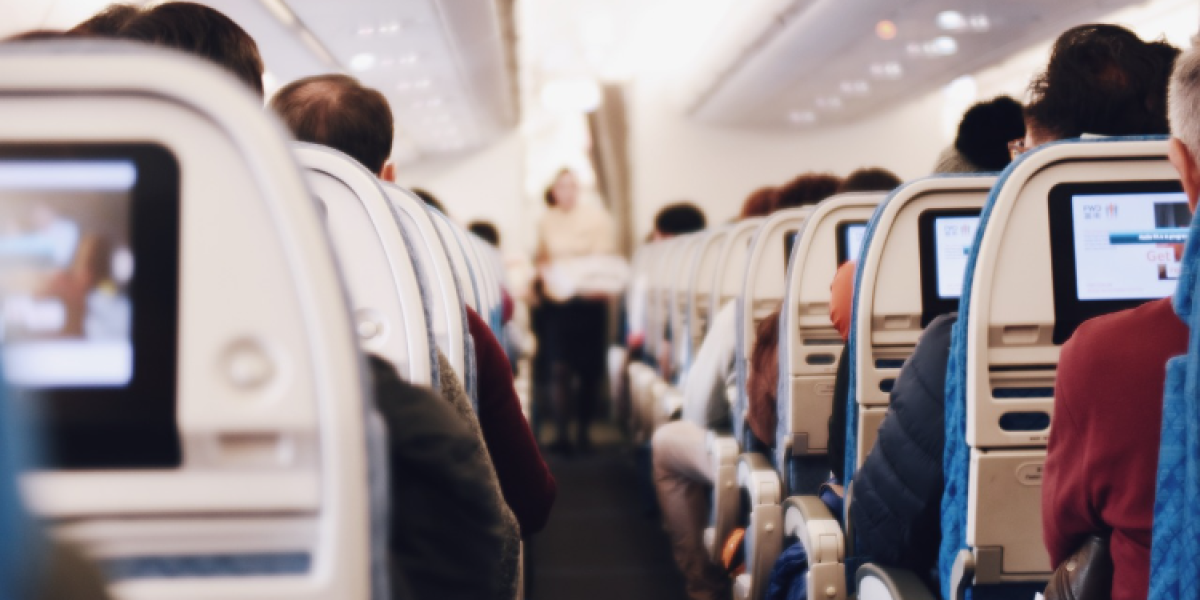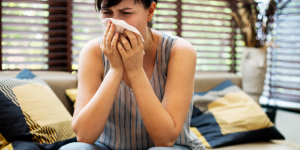
Nearly a year after the coronavirus was declared a pandemic, a new vaccine was found with 95% efficacy. Developed by Pfizer and BioNTech, this vaccine should be available around the world from January 2021. Another vaccine, having the same rate of efficacy, has been developed simultaneously in Russia. Does this mean that travel and immigration can resume once people have been vaccinated?
What's the current situation?
Around the world, the festive season is beginning in a couple of weeks. But celebrations are likely to be gloomy this year. Many expatriates had to postpone their travel plans, so they won't be able to spend the holidays with their loved ones. While many European countries went back into lockdown during the past few weeks, some expats are still hoping to be able to travel in the coming weeks. However, uncertainty prevails as tests to determine the COVID-19 vaccine's efficiency will be ongoing until the end of 2020. It's also likely to take some time -- even several months -- until the vaccine is distributed around the world. Whether the travel industry and immigration will resume in early January 2021 remains a big question mark even though it's the wish of millions of people around the world.
How are countries planning vaccination?
The United States hope to get more than 20 million people vaccinated by the end of this year. Health authorities have set up an action plan so that vaccines can be sent to the different States by December 11 or 12, 2020. Today, the US has a record of over 12 million COVID-19 cases, with more than 257,000 deaths. Figures that keep increasing daily as the virus keeps spreading. Things are likely to get worse with the coming winter, and the temperature drops.
The UK has ordered 40 million doses and hopes to receive at least 10 million from BioNTech by the end of the year. With this stock, at least 5 million people can get vaccinated over the coming weeks. Priority will therefore be given to health professionals, including doctors and nurses, care centre employees, as well as the elderly and high-risk people. For the rest, however, the wait is going to be long. Still, the National Health Service (NHS) has already received instructions for the imminent start of the vaccination campaign.
Germany has also set up a vaccination plan after obtaining some 300 million doses thanks to a bilateral agreement with the European Commission. The German authorities are even discussing the possibility of distributing the remaining doses to other needy countries. So the vaccination campaign should start in mid-December. In Spain, people will have to wait until January 2021 as 13,000 vaccination centres are set up across the country. A maximum number of people should be able to get vaccinated over the next three months.
Meanwhile, France hopes to obtain at least 15% of the volume vaccines provided by the EU. Moreover, the country has six contracts in progress, which means that 200 to 300 million doses are guaranteed, and 100 to 200 million are optional. France is also looking to manufacture vaccines locally to ensure that there is no shortage in the long run. So the vaccination campaign will begin in January 2021 in a progressive way. Healthcare and medico-social professionals, as well as high-risk people, will be prioritized.
It's also worth noting that poor and developing countries have not been left out. With the World Health Organization (WHO), Unicef has pledged to ship billions of vaccines and syringes to African and West Asian countries. An action plan has been set up with the collaboration of more than 350 airlines and freight companies.
A return to normalcy?
Today, testing for COVID-19 is mandatory for anyone who wishes to travel abroad, regardless of the purpose of the trip. But the trend is likely to change as COVID-19 vaccination becomes the new normal. Instead of producing the results of a COVID-19 test, you may have to provide proof, such as a vaccination certificate. The Commons Project, a non-profit organization, based in Switzerland, recently developed a new app with the collaboration of the World Economic Forum. Travellers should be able to upload their COVID-19 test and vaccine results on this app, for the needs of the country in which they intend to travel or settle. Many countries are looking to adopt this app for better control over travel.
As we mentioned above, a return to normalcy is unpredictable as the pandemic keeps evolving, compelling some countries to lockdown once again. So there's hope that the vaccine is efficient and that vaccination campaigns are carried out without any hurdles. There's also hope that the virus knows no mutation in the coming months. Countries around the world will then feel safer to lift their travel restrictions and fully reopen their borders. With the global health crisis, the leading actors of the travel industry, mainly airlines and shipping companies, had to review their policies during the past year, including health protocols and screening tests. It's still too early to predict a return to normalcy, but according to many experts, it wouldn't be before the end of 2021, when the vaccines have reached the broader section of the population.



















